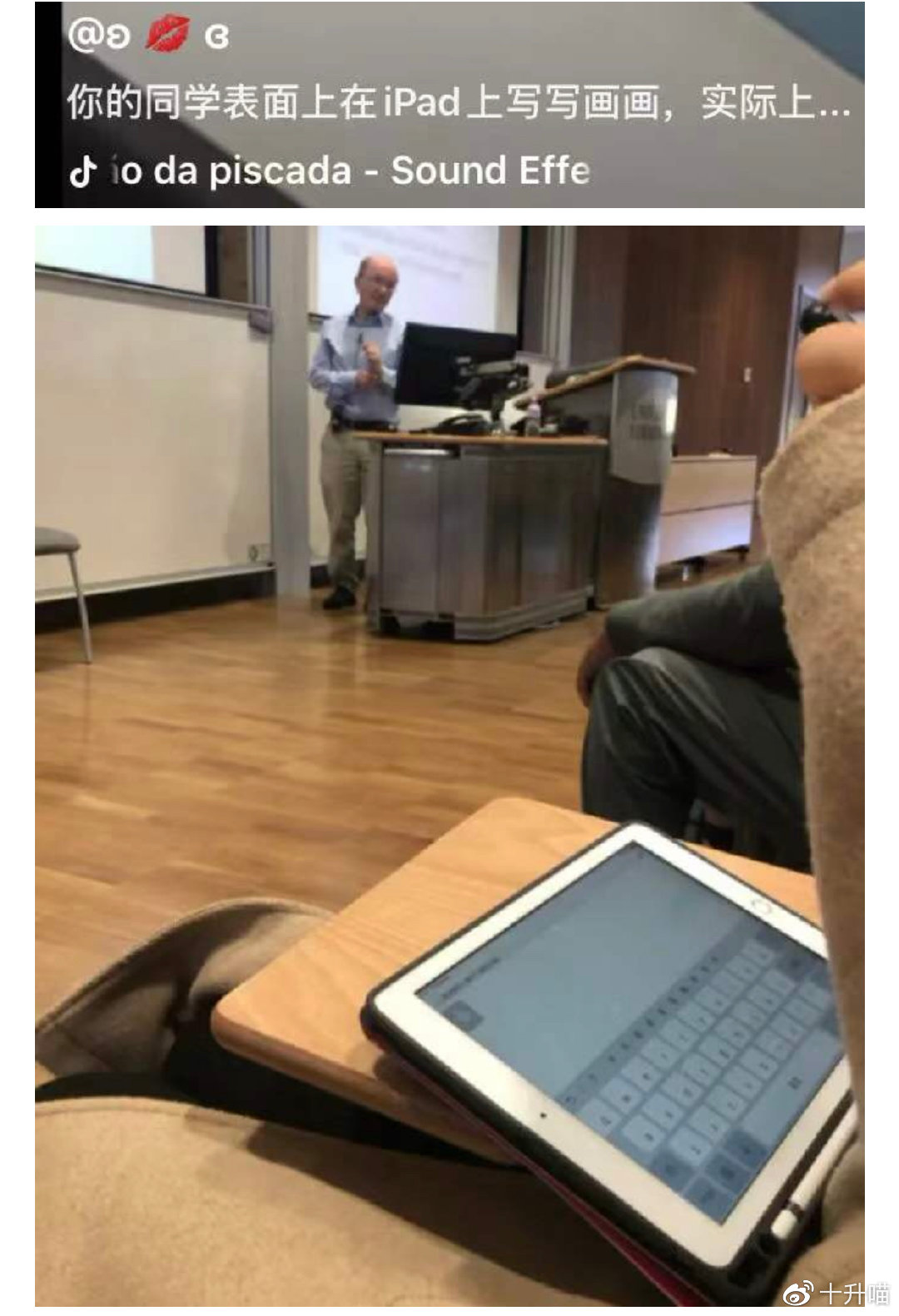C6.12 Difficulty Understanding Lectures¶



So what should you do if you can’t understand lectures while studying in the UK?
In fact, the inability to understand mainly stems from a combination of factors such as the lecturer’s accent, speaking speed, way of thinking, cultural background, and your grasp of academic knowledge. It is not purely a matter of English language proficiency.
1. Listen to local accent broadcasts and TV programs regularly for shadowing practice, and capture key words
Accents vary slightly across different regions of the UK, especially between English and Scottish accents, and even small localities have their own distinct accents. This is similar to Mandarin in China—Sichuan has Sichuan dialect, Guangdong has Cantonese, Fujian has Minnan dialect, Shanghai has Shanghainese, and many ethnic minorities have their own languages. To be honest, as an outsider, you can barely understand them without prior exposure. Therefore, listening to broadcasts and TV dramas regularly allows you to shadow the speakers and grasp key words to understand the meaning.
2. Preview in advance
Generally, lecturers will upload materials such as PPTs and recommended reading lists to the university’s student portal ahead of each class (I recommend that in addition to the books suggested by lecturers, you can also search for other academic journals and papers). Before the start of the semester, the timetable is also posted on the portal, detailing the content of each class—this even includes the schedule of holidays for the entire academic year, which you can find by scrolling down. Many students are unaware of this; it’s a little trick I discovered!
Previewing involves looking up unfamiliar words in the upcoming lesson content and reading the recommended books in advance. You can also consult senior students or alumni to prepare thoroughly.
3. Ask when you don’t understand
I think this is the most practical method compared to the previous two. I suggest that if you encounter something you don’t understand during a lecture, it’s best to raise your hand and ask immediately—most lecturers will ask if anyone has questions at least once per class. If you’re shy and don’t want to ask in person, you can jot down your questions during the lecture and ask after class. However, there’s a major catch: many lecturers are in a hurry to leave right after class and may not have much time to answer questions. Of course, you can also send an email inquiry—it will take a bit more time, but it’s still a good option. Additionally, you can ask not only lecturers but also international students, other teachers, classmates, or even me—more interaction and communication mean more learning.
My classmates and friends often call me "the person with a million questions" because I love asking "why" about everything I don’t understand. When I was young and the internet wasn’t as developed as it is now, I would ask without thinking first. Now, I search online for answers myself first; if I still don’t understand, then I ask lecturers and friends. I also make a point of consulting others because everyone has different ways of thinking and can provide different answers—none are necessarily 100% correct or incorrect. This is exactly the critical thinking we need to develop while studying in the UK, and as the saying goes, "truth comes from practice." The principle of cause and effect has existed since ancient times, but does everything have a cause, and does every cause have an effect? Can we also infer cause from effect?
Therefore, you can apply the 5W2H framework to everything—including writing papers, attending lectures, dating, arguing, etc.:(1) What: Is what the other person says a fact or a personal opinion? Is it evidence-based or reserved?(2) Why: What exactly triggered this?(3) Who: Who is involved?(4) When: When did it happen?(5) Where: Where did it happen? People may say different things or emphasize different points in different places, contexts, or when talking to different people.(6) How: How did it happen?(7) How much: To what extent? What about quantity, quality, etc.?
